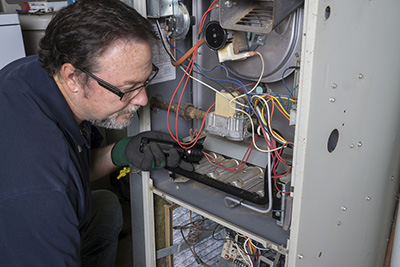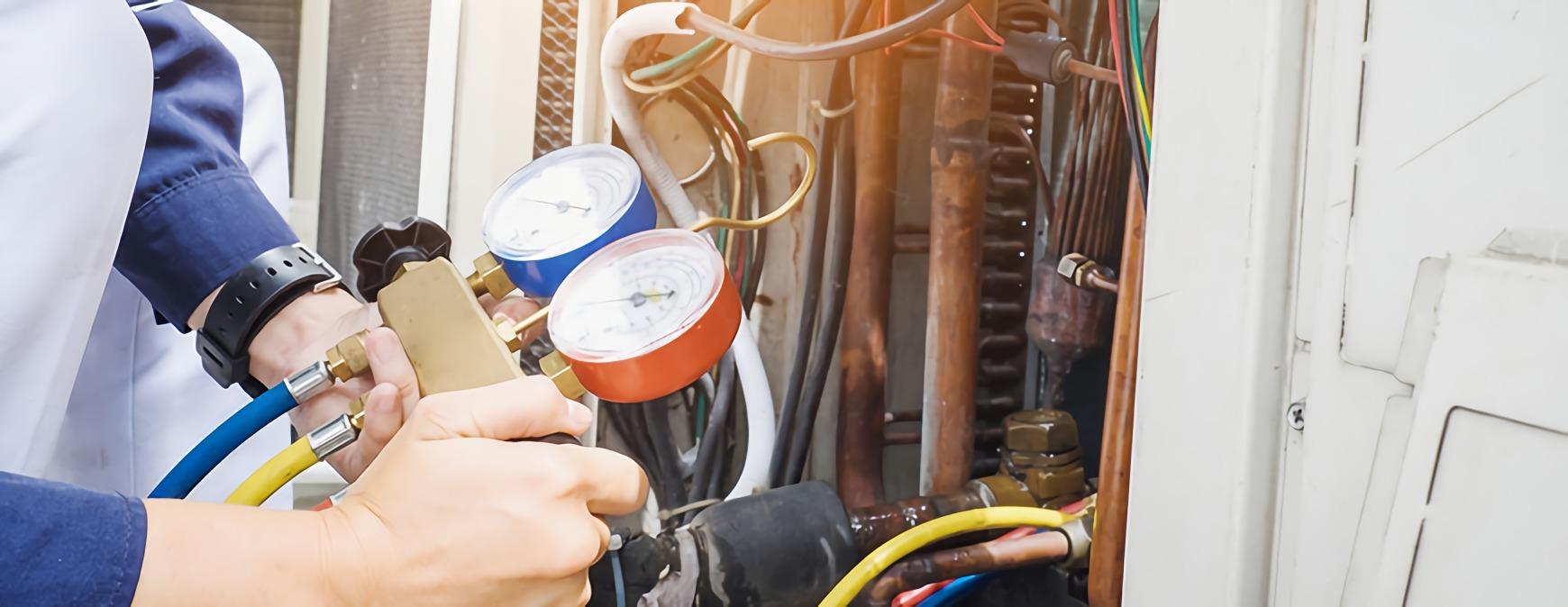RSI is a Great Training Option for Everyone
Learn more about how we can prepare you to advance your career.
After you complete your HVAC education and enter the field as a technician, one of the most common questions you might receive from customers, is when to repair or replace aging HVAC equipment. In winter, customers are usually concerned about their furnaces. There are several factors influencing how long a furnace lasts. 1
The International Association of Certified Home Inspectors (NACHI) estimates a lifespan of 15 to 25 years contingent on weather, use, maintenance and installation. 2
What Factors Influence a Furnace’s Lifespan?
Climate: Climate may play a factor. Units that are exposed to extreme weather may have a shorter lifespan. Another factor is living along a coast. Saltier atmospheres that can be found in places like Florida can also shorten the lifespan of a furnace and other heating/cooling units.
System Maintenance: A well-maintained furnace could operate more efficiently and last longer than a neglected one. Just changing the air filters regularly depending on your lifestyle can go a long way in helping your furnace last longer. Professional HVAC furnace checkups can also uncover dangerous carbon monoxide leaks in the equipment and prevent the cost and inconvenience of sudden failures. 3
Most professional maintenance checkups include inspecting the thermostat settings, tightening electrical connections, lubricating moving components, and ensuring the safe operation of system controls.
Get Started on the Path to a New Career
Fill out our form to learn how we can help you change your life.
Installation and Size: A furnace that is too small won’t heat a house enough when temperatures drop to extreme low. However, one that is too big is not only costly, but the more frequent cycles will place wear and tear on components more quickly, waste energy, and cause uncomfortable shifts in temperature. Finding a reputable contractor who will take into to consideration climate, the size of your home, and properly calculated your heating needs will help avoid the issue of incorrect sizing.
When Should a Furnace Be Replaced?

There really is no rule of thumb as many factors play a role into how long a furnace could last. One sign that you should replace your furnace is when your repairs are cost more than it would be too replace. Also, some experts say that although your older furnace is running properly, it may not be energy efficient. In those cases, people need to decide if replacing the unit is worth it.
Other signs that it may be time for a new unit include noisy equipment, rooms that are too hot or cold, or frequent breakdowns.
HVAC Customer Support
Furnaces, air conditioners, and other HVAC systems do not last forever. Since this equipment can be a big purchase decision for customers, it’s understandable that they may have questions about whether or not to repair or replace older units. Knowing the factors that influence the lifespan of a furnace allow technicians to offer the informed advice that ensures they stay warm all winter long—and come back for pre-summer A/C checkup.
Additional Sources
1 – http://www.achrnews.com/articles/132909-hvac-system-life-cycles-how-long-should-it-last
2 – https://www.nachi.org/life-expectancy.htm
3 – http://www.consumerreports.org/cro/gas-furnaces/buying-guide.htm
This blog has been labeled as archived as it may no longer contain the most up-to-date data. For a list of all current blog posts, please visit our blog homepage at https://www.rsi.edu/blog/




